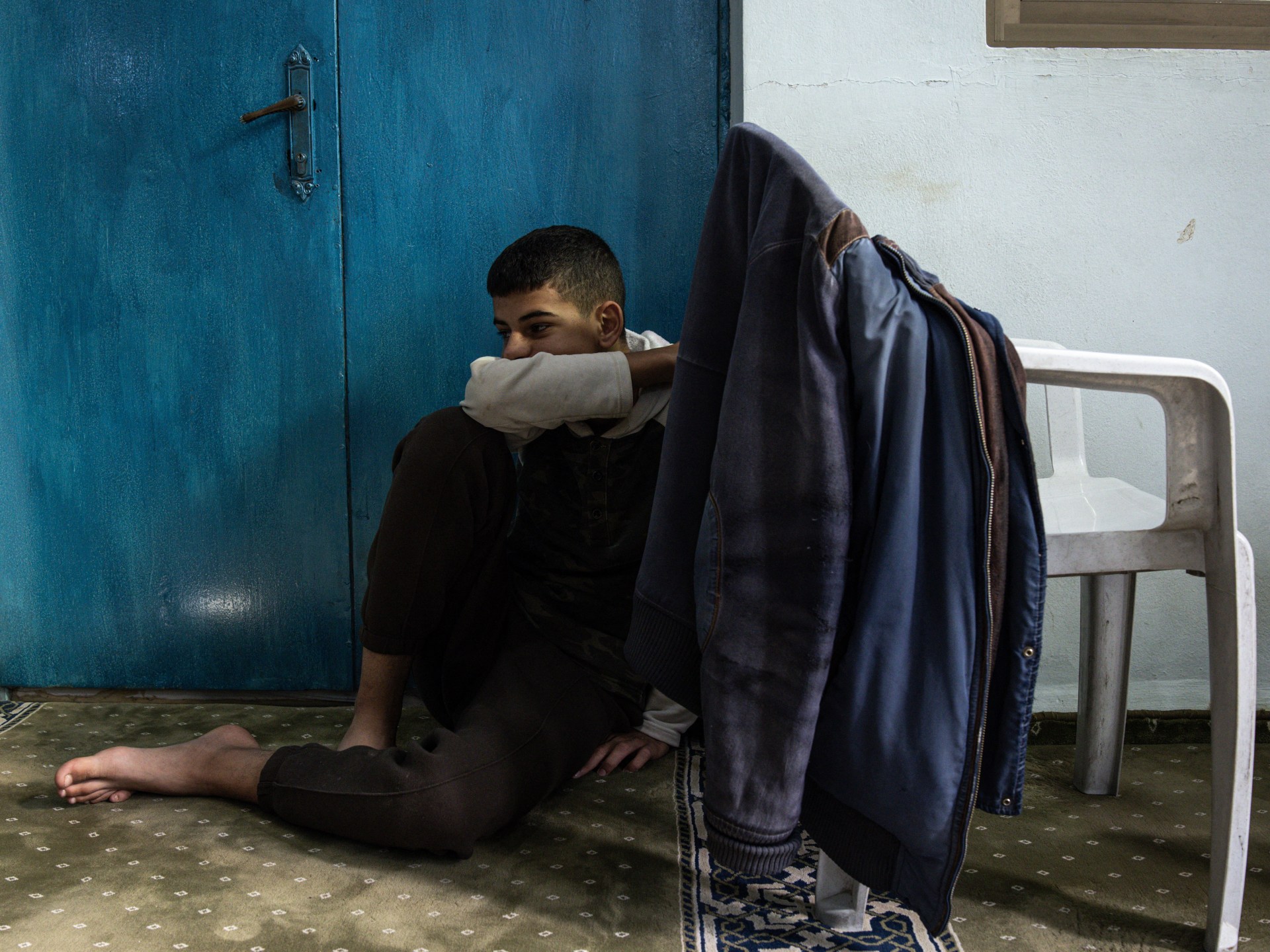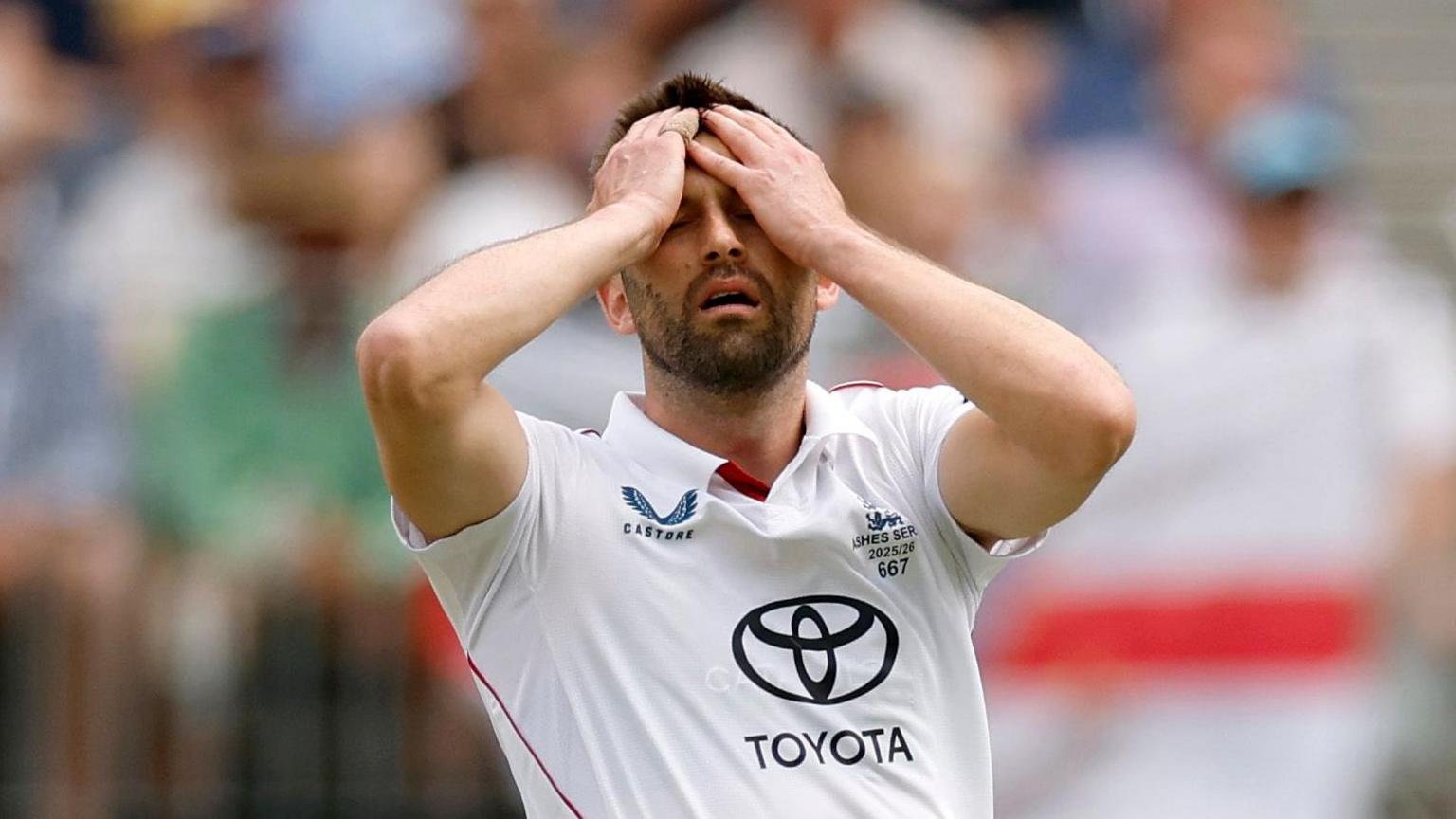What Makes You Beautiful, the debut single from One Direction, has been attributed to Louis Tomlinson, who has always hated it. It was the group’s first international success after X Factor, which saw them become a global celebrity.
After securing nationwide popularity during their tine on the X Factor, One Direction released their debut single What Makes You Beautiful. And while you’d assume that there would be a special place in Louis Tomlinson’s heart as it was the single that catapulted One Direction to global stardom overnight, it turns out this could not be further from the truth.
And 13 years later, it looks as though Louis, 33, still can’t stand to sing and perform the track. Louis, who decided to launch a solo career after the band took a hiatus in 2016 was one fifth of the pop group that included, Niall Horan, Harry Styles, Zayn Malik and the late Liam Payne. Liam tragically died after falling off a balcony while staying at a hotel in Argentina, October last year.
The singer was asked which song from the album of tracks he hated singing during a press conference prior to the Capital FM Jingle Bell Ball next month. The fan responded, “Louis, I love you and all of your songs, of course. What song do you hate or hate performing, though?
He retorted, “It’s ironic because this game makes me an open book,” he said. I’ll just respond to your questions! I’m not sure there was ever a single time I performed One Direction’s What Makes You Beautiful and enjoyed it, so maybe some people wouldn’t respond. He continued, “That was a challenge that I felt. So, yeah”.
Louis has unfortunately experienced his fair share of heartache following the tragic passing of his mother Johannah in 2016 despite the tragic death of his bandmate Liam, which is understandably expected to have caused him so much. Sadly, Johannah passed away after losing her battle with leukemia.
The coroner reported that his sister Felicite had a “fatal combination of drugs” when she died three years later. When a friend discovered Fizzy in her west London apartment, she was only 18, or Fizzy as she was known to those close, and she was unable to breathe after taking cocaine.
Although Felicite and a friend were initially reported to have taken cocaine the night before, traces of Xanax and OxyContin later emerged in her system. The combination was described as “the perfect storm” by coroner Shirley Radcliffe. According to reports, the sister of the internationally acclaimed singer had a fashion design dream.
Louis’ resolve to serve those who are close to him was demonstrated by his donation of £4,000 to pay for life-saving surgery, despite all the tragedy in his life.
His former bodyguard, who was in charge of the boys at the height of their fame, was given this responsibility. To clear the blocked arteries in both of his legs, Preston Mahon needed a sizable sum of money.
And after setting up a Go-Fund-me page, it was spotted that Louis had donated the large sum to help his once close pal. He told The Sun: “I’m so appreciative, it means the world to me.”
READ MORE: Desk chair that supports ‘for eight hours’ cut by £120 from Which? Best Buy brand







